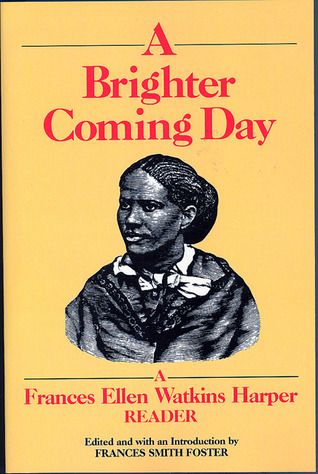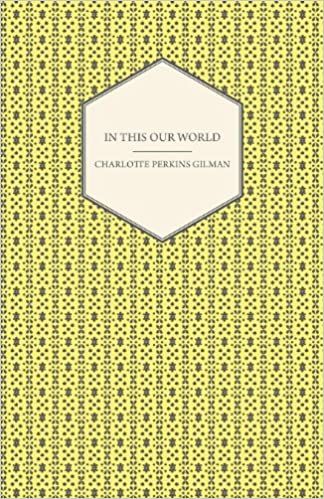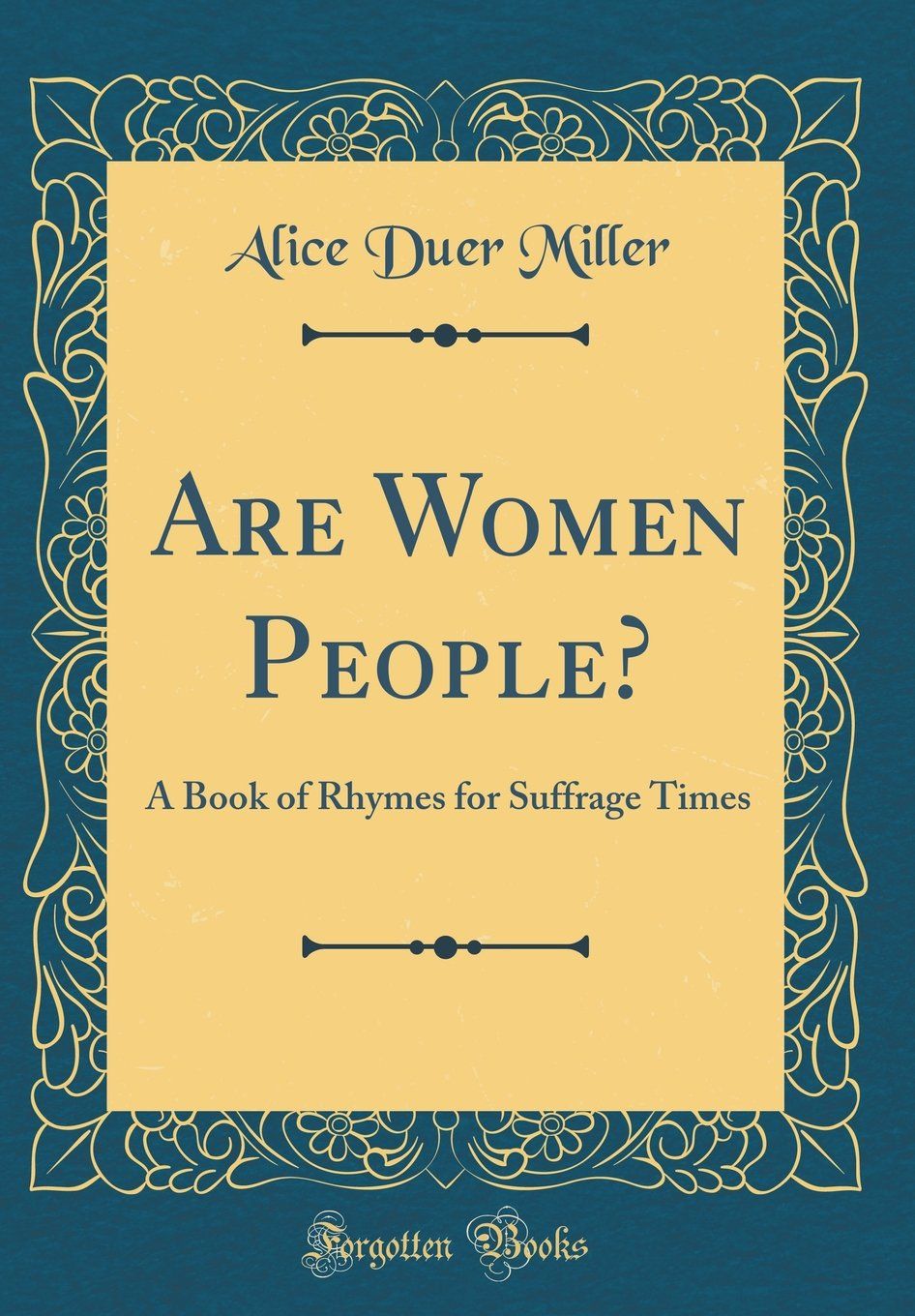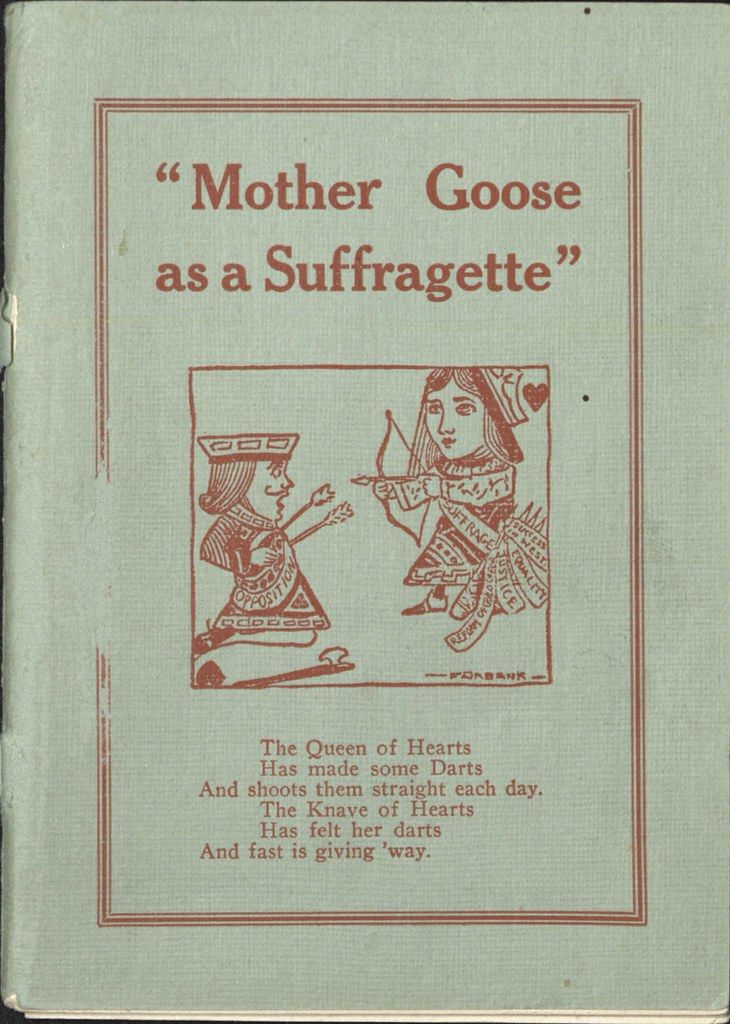Disclaimer: the author is a Sourcebooks employee. Recommendations below are her own.
Did you know that much of the fight for women’s voting rights was written and shouted and promoted through poems written (and published!) by the activists in the Women’s Suffrage Movement? It’s true! Some poetry ended up in published collections, while others were printed in newspapers or pamphlets to get the word out. Today, we’re sharing a bunch of really rad poetry from the Suffrage Movement to get you amped up and ready to take on the world.
Poetry From the Suffrage Movement

A Brighter Day Coming by Frances Ellen Watkins Harper
In this anthology of poetry, prose, and letters, get to know the beloved Frances Ellen Watkins Harper. She wrote about abolition, suffrage, education, and so many more big topics from her life as an African American woman and former slave. She stood apart from other members of the suffrage movement though: she wanted equal rights for all genders and races, not only white women.
Here’s one beautiful verse from her poem “Songs for the People,” which can be found in this collection:
Our world, so worn and weary,
Needs music, pure and strong,
To hush the jangle and discords
Of sorrow, pain, and wrong.

In This Our World by Charlotte Perkins Gilman
Charlotte Perkins Gilman, of The Yellow Wall-Paper fame, began her literary career as a poet and was a major part of the Women’s Suffrage Movement. In This Our World was her first collection, originally published as Suffrage Songs and Verses, and is a complete volume of poetry about feminism and the women’s right to vote.
Included in this collection is the stunning “Song for Equal Suffrage,” with this perfect stanza:
Woman’s right is woman’s duty! For our share in life we call!
Our will it is not weakened and our power it is not small.
We are half of every nation! We are mothers of them all!
In Wisdom marching on!

Are Women People? A Book of Rhymes for Suffrage Times by Alice Duer Miller
Alice Duer Miller was the queen of feminist satire poetry. She took anti-suffrage literature and turned it on its head. For example, this beautiful item in Are Women People?: In a section titled “Why We Oppose Pockets for Women,” she offers eight very good points for why women don’t need pockets. Number one: Because pockets are not a natural right. Can’t argue with that, I guess.
Here is another of her great satirical poems, “What Governments Say to Women”:
In Time of War
Help us. Your country needs you;
Show that you love her,
Give her your men to fight,
Ay, even to fall;
The fair, free land of your birth,
Set nothing above her,
Not husband nor son,
She must come first of all.
In Time of Peace
What’s this? You’ve wed an alien,
Yet you ask for legislation
To guard your nationality?
We’re shocked at your demand.
A woman when she marries
Takes her husband’s name and nation:
She should love her husband only.
What’s a woman’s native land?
“I Sit and Sew” by Alice Dunbar-Nelson
Alice Dunbar-Nelson was an incredible poet, short story writer, playwright, and journalist writing about civil rights and women’s suffrage. Her books are no longer in print, but her poems are in the public domain. An especially lovely one, “I Sit and Sew,” about the domesticity women are forced into instead of activism, opens with this stanza:
I sit and sew—a useless task it seems,
My hands grown tired, my head weighed down with dreams—
The panoply of war, the martial tred of men,
Grim-faced, stern-eyed, gazing beyond the ken
Of lesser souls, whose eyes have not seen Death
Nor learned to hold their lives but as a breath—
But—I must sit and sew.

Mother Goose as a Suffragette by the Women Suffrage Party
Alongside these stellar collections of feminist poetry were booklets and newsletters with chants, rhymes, and songs. Mother Goose as a Suffragette was one such booklet, turning nursery rhymes into feminist rhetoric, paired with hilarious illustrations. Published in 1912 by the Woman Suffrage Party and sold for 10 cents, it’s chock full of gems like this:
There was a little girl and she had a little curl
Right down the middle of her forehead.
When she got the vote she was very good, indeed,
But when they kept it from her she was horrid.
“The Women’s Litany” by Margaret Widdemer
I leave you with the first stanza of Margaret Widdemer’s “The Women’s Litany,” one of the most powerful poems from the Women’s Suffrage Movement:
Let us in through the guarded gate,
Let us in for our pain’s sake!
Lips set smiling and face made fair
Still for you through the pain we bare,
We have hid till our hearts were sore
Blacker things than you ever bore:
Let us in through the guarded gate,
Let us in for our pain’s sake!
Let us in through the guarded gate,
Let us in for our strength’s sake!
Light held high in a strife ne’er through
We have fought for our sons and you,
We have conquered a million years’
Pain and evil and doubt and tears—
Let us in through the guarded gate,
Let us in for our strength’s sake!
If you need more feminism in your life, please enjoy these books about early American feminists and literary activists of the Women’s Suffrage Movement.
Source : Poetry From the Suffrage Movement









